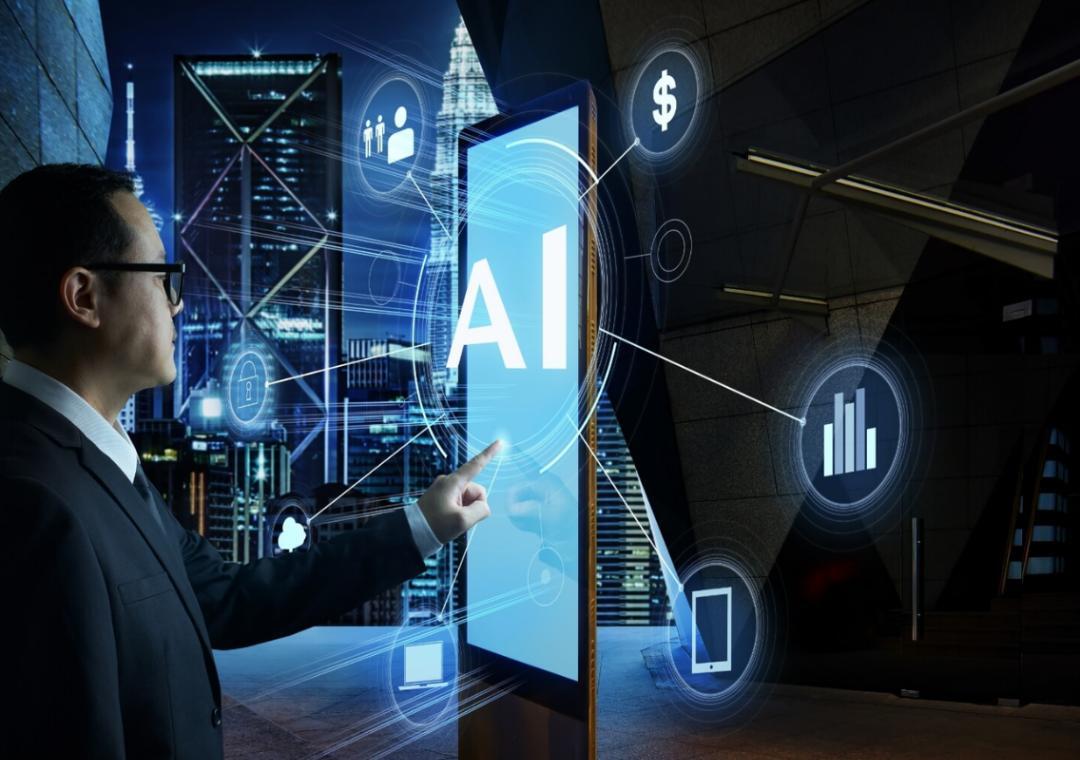
AI & ML now power over 77% of business processes
In today’s digital-first world, the importance of Artificial Intelligence (AI) and Machine Learning (ML) cannot be overstated. These technological advancements have revolutionized the way businesses operate, and it’s no longer a surprise to hear that AI/ML is no longer a futuristic concept, but an operational essential. According to recent statistics, a staggering 77% of enterprises now use AI/ML to boost productivity, reduce costs, and personalize user experiences. The shift towards AI/ML adoption is not optional; it’s fundamental to staying competitive in a rapidly evolving market.
What is AI and ML?
For those who may still be unfamiliar with these terms, AI refers to the development of intelligent machines that can perform tasks that typically require human intelligence, such as visual perception, speech recognition, decision-making, and language translation. ML, on the other hand, is a subset of AI that enables machines to learn from data without being explicitly programmed.
Automation and Efficiency
One of the primary ways AI/ML is transforming businesses is through automation. By automating routine and repetitive tasks, AI/ML applications can free up human resources to focus on more strategic and high-value tasks. For instance, AI-powered chatbots can handle customer inquiries and support requests, reducing the workload on human customer support agents. Similarly, AI-driven workflows can streamline processes, such as data entry, invoicing, and accounting, making them faster, more accurate, and more efficient.
Real-time Fraud Detection
Another significant application of AI/ML in business is real-time fraud detection. With the rise of e-commerce and online transactions, fraud has become a major concern for businesses. AI-powered fraud detection systems can analyze vast amounts of data in real-time, identifying suspicious transactions and flagging them for human review. This not only reduces the risk of financial losses but also enhances the overall security and trustworthiness of online transactions.
Personalization and Customer Experience
AI/ML is also revolutionizing the way businesses interact with their customers. By analyzing vast amounts of customer data, AI-powered applications can identify patterns and preferences, enabling businesses to personalize their marketing campaigns, product recommendations, and customer experiences. For instance, AI-driven email marketing campaigns can send targeted and relevant messages to customers, increasing the likelihood of conversion and customer engagement.
Predictive Maintenance and Supply Chain Optimization
In the manufacturing and logistics sectors, AI/ML is being used to optimize supply chain management and predict maintenance needs. By analyzing sensor data and equipment performance, AI-powered applications can forecast equipment failures, allowing businesses to schedule maintenance and reduce downtime. Similarly, AI-driven logistics systems can optimize routes, reduce transportation costs, and improve delivery times.
The Future of Work
As AI/ML continues to transform the business landscape, it’s essential to consider the impact on the future of work. While AI/ML applications will undoubtedly automate many tasks, they will also create new job opportunities in areas such as AI development, data analysis, and machine learning engineering. Moreover, AI-powered tools will free up human resources to focus on higher-value tasks, such as creativity, strategy, and problem-solving.
Conclusion
In conclusion, AI/ML is no longer a futuristic concept; it’s an operational essential for businesses looking to stay competitive in a rapidly evolving market. With its ability to automate tasks, detect fraud, personalize customer experiences, and optimize supply chain management, AI/ML is transforming the way businesses operate. As the adoption of AI/ML continues to grow, it’s essential for businesses to stay ahead of the curve and leverage these technologies to drive innovation and growth.
News Source:
https://www.growthjockey.com/blogs/what-is-ai-and-ml-how-is-it-important






